While we may not all be able to perform like Olympic athletes, we can eat like them. Here are some fun facts about what Olympic athletes eat to stay fueled, and why.
1. Hydrating foods and beverages
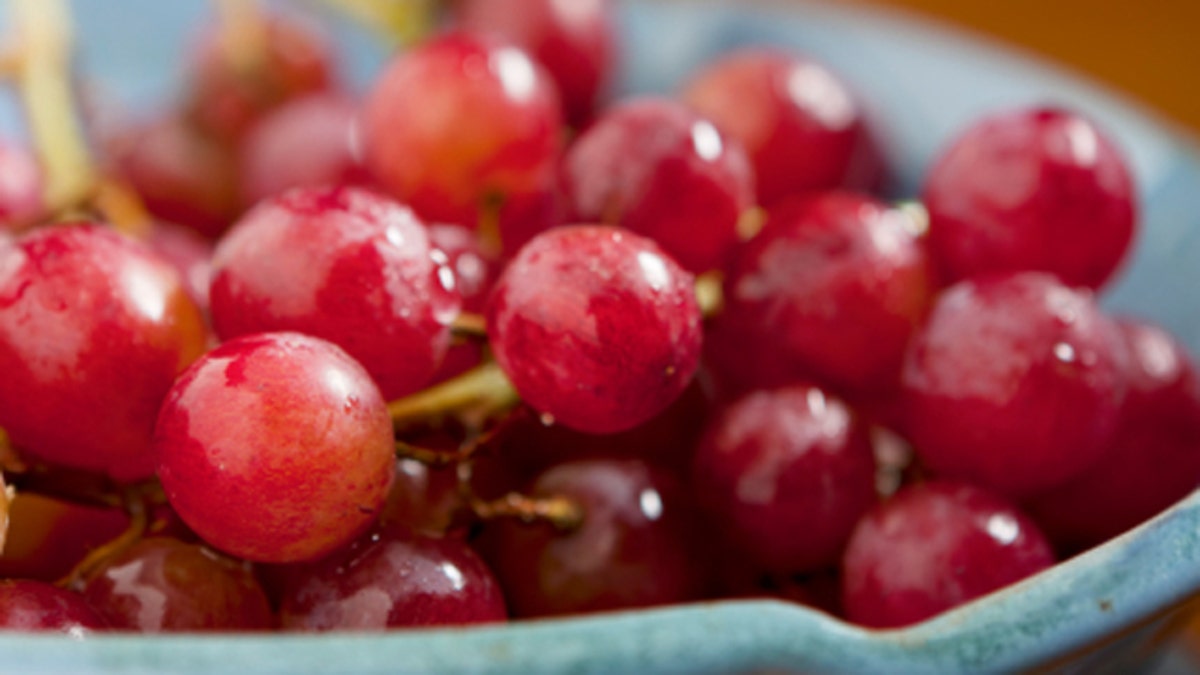
(Copyright©2010 Robert Linton)
We tend to associate the need to drink more with warmer temperatures – when in fact, the likelihood of dehydration is accelerated in winter weather. It's likely that Olympic athletes are encouraged to consume plenty of water-rich fruits and veggies such as cucumbers, grapes, radishes and tomatoes.
2. Blueberries
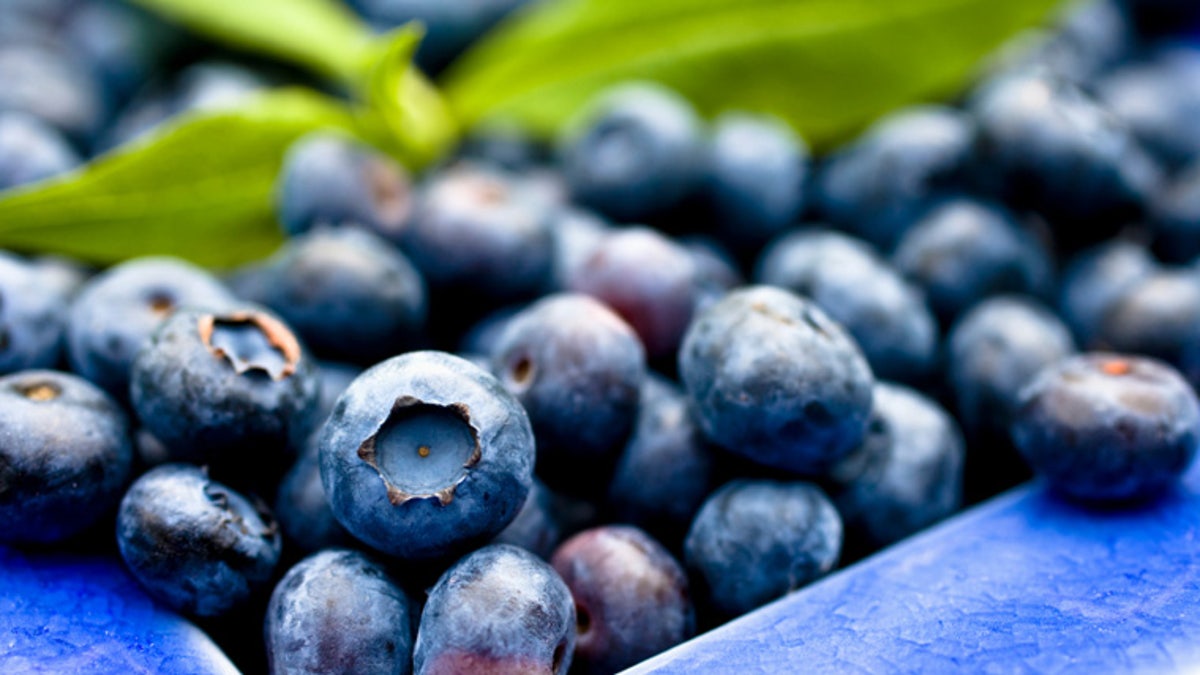
(iStock)
The U.S. women's hockey team dined on blueberries, among other foods, before their opening game in Sochi, according to the New York Times. Inflammation from exercise can cause pain and stiffness, as well as slow down an athlete. The antioxidants in blueberries are anti-inflammatory, plus blueberries are high in Vitamin C, which boosts the immune system. In fact, a study at the University of New Zealand showed that eating blueberries produced a higher level of antioxidant defense in the blood. This was associated with improved rate of recovery in the first 36 hours in one particular measure of muscle performance.
3. Sandwiches and bars
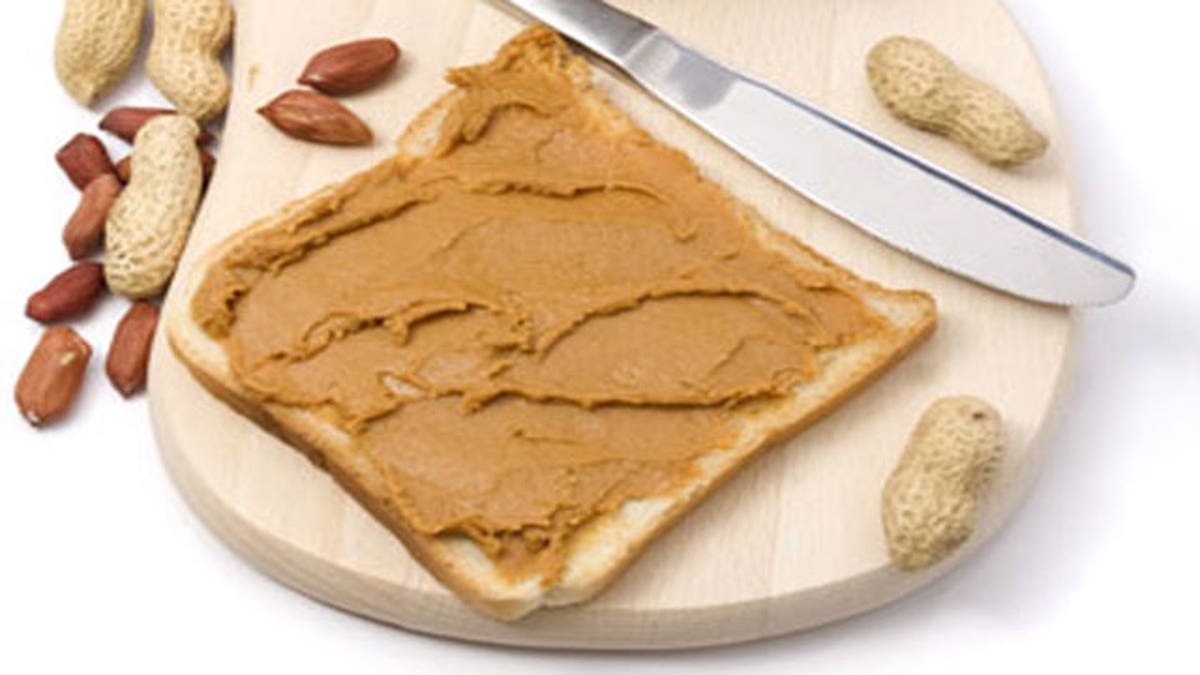
Caption Text (iStock - copyright test)
The foods an athlete eats before training and competition are vital to performance. Speedskater Catherine Ramey told CBS Local her favorite snack before a game is a peanut butter and jelly sandwich. Many athletes go for this convenient snack because the carbs from white bread are easy to digest and provide quick energy. Plus, the peanut butter provides a small amount of protein. Bars are also popular because they are portable. Slopestyle Olympic skier Grete Eliassen reportedly likes to carry KIND bars for their all-natural, wholesome ingredients like nuts and dried fruit.
4. Chocolate milk
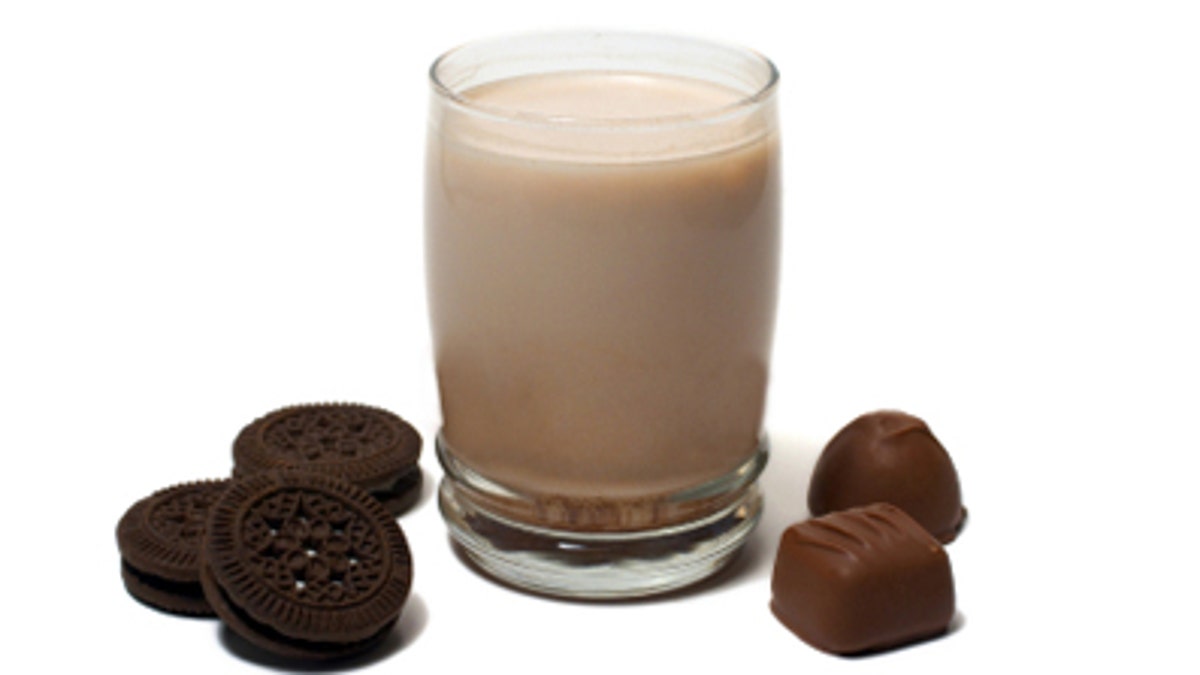
(Unspecified)
Compared to water and most sports drinks, chocolate milk has double the protein content, which combined with its carbohydrates makes it a good way to replenish tired muscles. Hockey player Zach Parise reportedly drinks chocolate milk before and after games, as shown in a recent commercial. He is amongst a slew of Olympians who use chocolate milk for recovery. Unfortunately, 30 minutes on the treadmill doesn’t justify a chocolate beverage for the average gym goer.
5. Breakfast for dinner
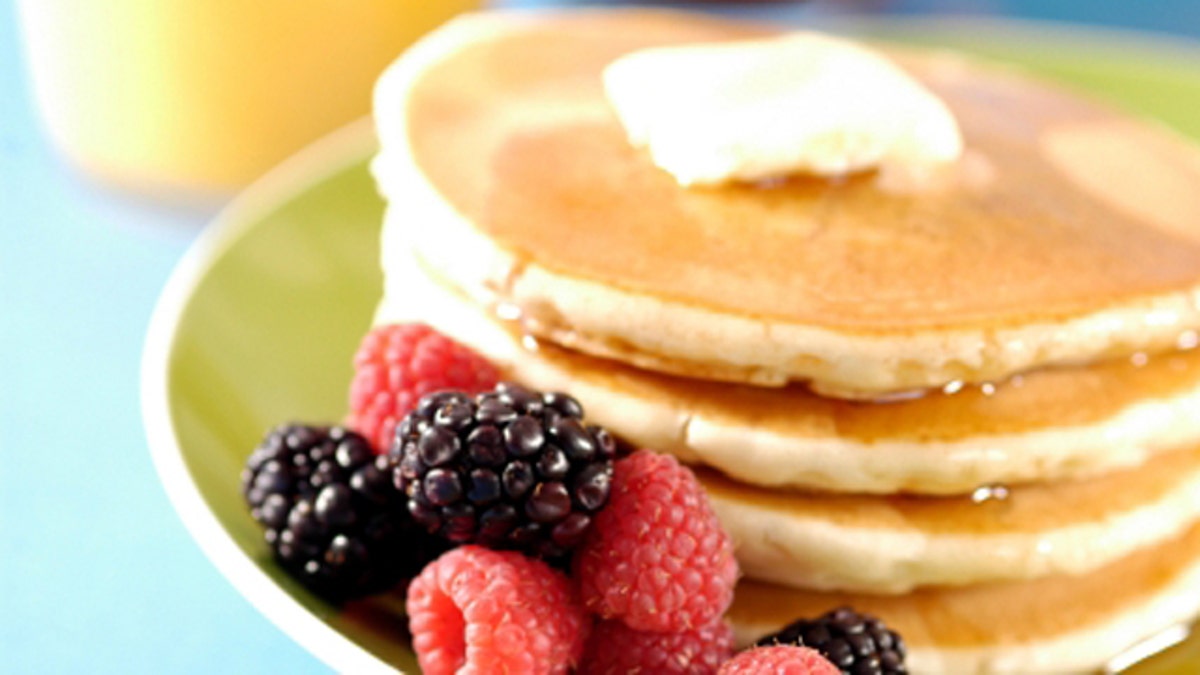
(iStock)
The official sports dietitian for the Winter Olympics, Adam Korzun, has said he will occasionally prepare a carb-heavy breakfast, such as French toast and pancakes for his athletes for dinner, according to an interview with BU Today. Alpine ski gold medalist Bode Miller is reportedly an avid believer in this model and enjoys a good waffle or two for dinner.
